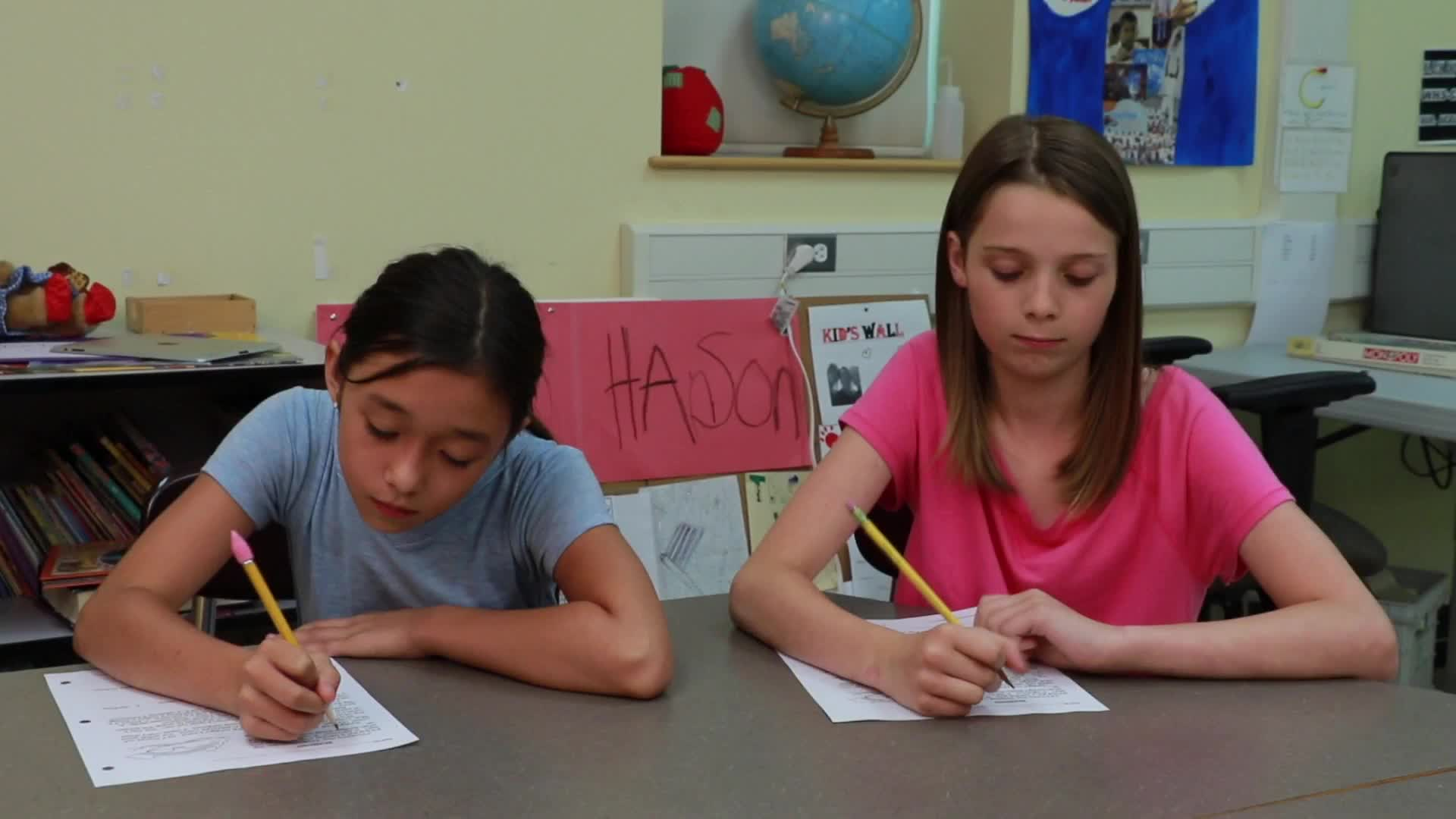Introduction
Whole body listening is a vital skill for students in special education, as it enhances their ability to engage in meaningful conversations and develop strong social connections. By focusing on this target skill, educators can help students improve their communication and overall wellbeing.
Understanding Whole Body Listening
Whole body listening refers to the practice of using one’s entire body to actively engage in a conversation, rather than just relying on their ears. This involves maintaining eye contact, facing the speaker, and displaying appropriate body language. By doing so, students can show their interest and attentiveness, thus fostering positive social interactions and promoting effective learning.
The Role of Specialists
- Speech-Language Pathologists: Support the development of whole body listening skills by helping students understand and practice appropriate verbal and nonverbal communication techniques.
- Social Workers: Work with students to develop social skills, such as whole body listening, that enable them to build positive relationships with their peers and educators.
- Psychologists: Assess students’ social and emotional needs and provide support in developing whole body listening skills to enhance their overall wellbeing.
- School Counselors: Collaborate with other specialists to create and implement strategies that promote whole body listening, ultimately helping students succeed academically and socially.
IEP Goals for Whole Body Listening
Here are some specific SMART IEP goals to help improve whole body listening skills in students:
-
Goal: Increase the student’s ability to maintain eye contact during conversations by 80% within six months.
Strategies and Activities: Use visual cues, role-playing exercises, and video modeling to teach and practice eye contact. -
Goal: Improve the student’s ability to face the speaker and maintain appropriate body posture during conversations by 90% within nine months.
Strategies and Activities: Incorporate social stories, group activities, and guided practice to help students understand and apply proper body positioning. -
Goal: Enhance the student’s ability to demonstrate attentiveness and interest in conversations by consistently displaying whole body listening skills in 85% of interactions within one year.
Strategies and Activities: Utilize peer modeling, social skills groups, and teacher prompts to reinforce whole body listening techniques.
Implementing and Measuring Progress
To effectively implement these goals and measure progress, educators should:
- Collaborate with specialists to create and tailor strategies for each student.
- Regularly observe and document students’ performance in various settings.
- Provide consistent feedback and reinforcement to help students internalize the skill.
- Adjust goals and strategies based on students’ progress and needs.
Conclusion
By focusing on whole body listening, educators can help students in special education develop effective communication skills, fostering positive social interactions and enhancing their overall wellbeing. We encourage you to apply these IEP goals and strategies in your practice and invite you to explore more resources at Everyday Speech Sample Materials.






